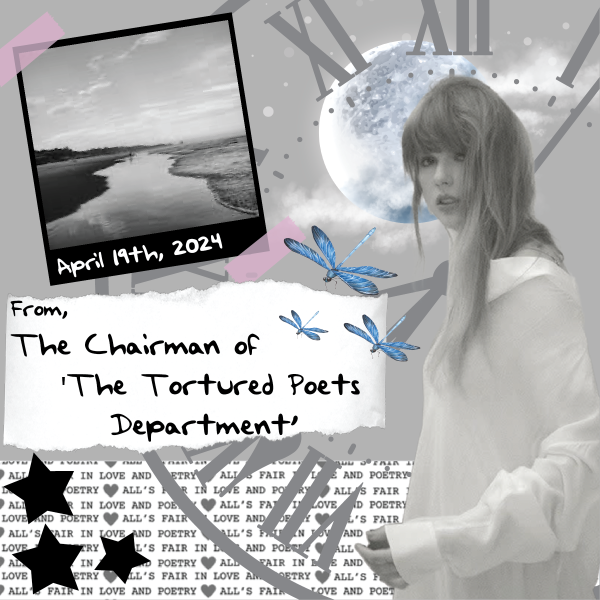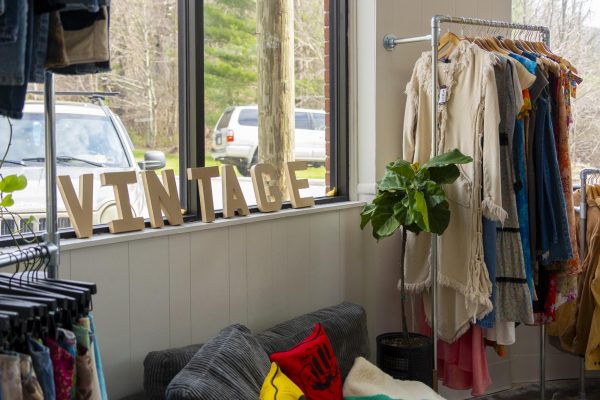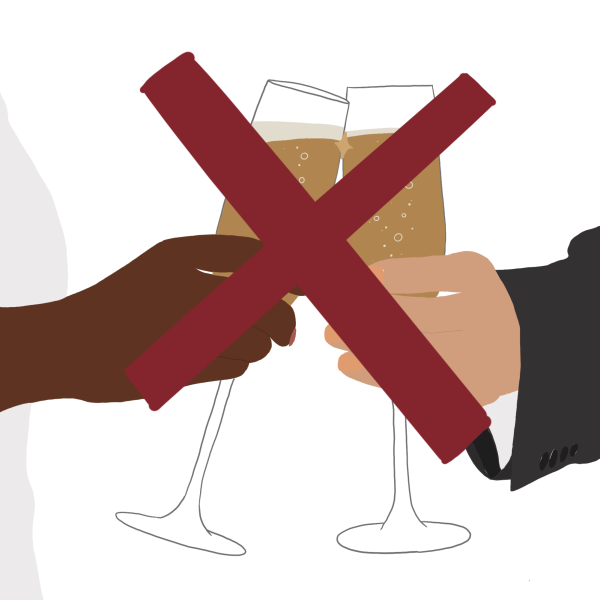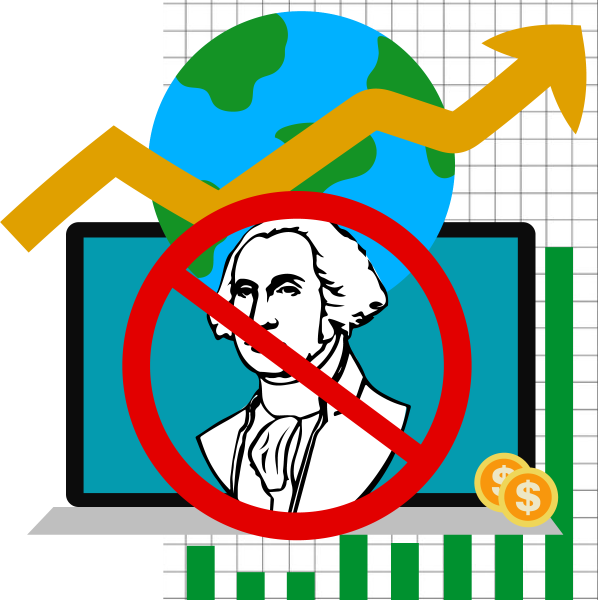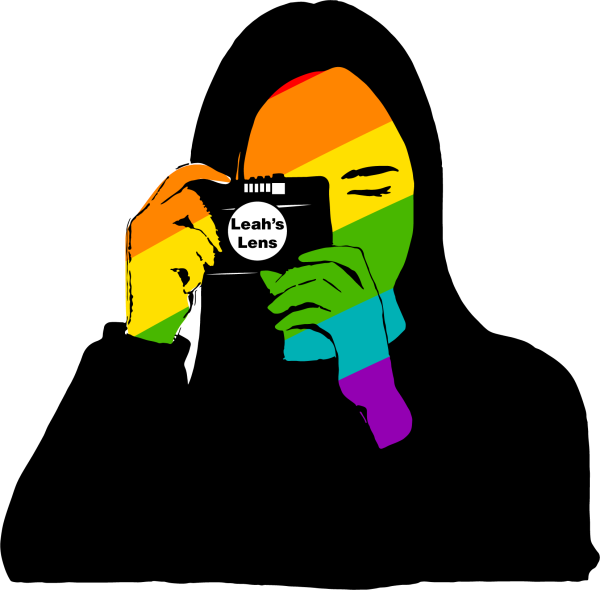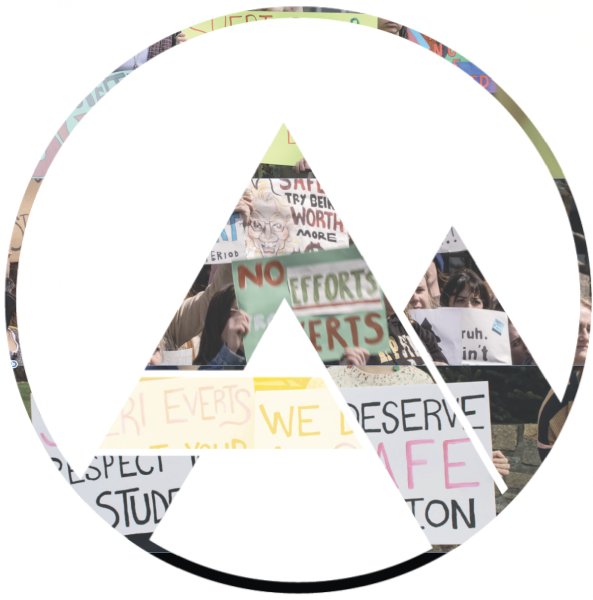OPINION: Performative activism is worst when it’s from people in power
February 14, 2022
For some, adding the hashtags #BLM, #StopAsianHate or #SaveThePlanet to social media bios has become a form of activism. The digital markers advertise a morality, which is sometimes not fully their own. Performative activists make little to no effort in understanding the movement they “support,” and the lie shows from behind the scenes of social media. The problem is known as hashtag activism and it varies from friends to celebrities, companies and politicians.
On an individual level, bandwagoning to “support” a social justice movement on social media mostly serves to benefit your perceived character. However, when celebrities, companies and politicians exploit a movement to inflate their image, they benefit financially. Performative activism takes away from the efforts of actual activists and is especially damaging when those with influence do it. While social media has certainly contributed to a speedy rise in the phenomenon, performative activism doesn’t only take on the form of spiritless hashtag usage.
Reading and reposting words of activists and educators is essential to spreading the message of a movement. From the influencers reposting about activism, many are reposting and appearing socially conscious to their followers. When people don’t research a subject beyond a pastel-colored, 10-slide social media post, they lack a very basic understanding of the issue or movement. By not checking other sources nor looking into the author’s background in the subject, they are capable of spreading false information. Some overly ambitious influencers will try to take the reins from real activists and give their two cents on an issue they have no experience with. Influencers can encourage a middle ground and downplay the harms of the oppressors. Performative activism comes easily to people who are not suffering and are observers of injustice, but it is insulting to the efforts of those facing injustices and the work of those fighting against them.
Big companies are less likely to resort to rushed reposting because they have a marketing team behind them. Rather, their method deceives a percent of their audience who are looking for a statement in the moment, but will forget about any promises in a year or so. In June 2020, at the height of the George Floyd protests against police brutality, Anthropologie posted a promise on their social media to stand behind Black and Brown communities and to involve more people of color in their workforce.
A quick look at Urban Outfitters Inc., Anthropologie’s owner company, senior leadership and board of directors list shows an overwhelmingly white leadership team. Not only that, the company has a history of stealing designs from minority-operated businesses. While I recognize that Urban Outfitters Inc. has donated thousands of dollars in support of Black Lives Matter, money can only do so much when those in positions of power stop being complicit in diminishing the voices of marginalized communities.
Over everything, I think performative activism is most damaging when politicians abuse the “trending injustices.” While it’s easy to go after politicians who are deliberately trying to argue against progress, it’s just as easy to overlook reformative actions that serve as band-aids to keep the public happy and don’t address systematic change. For instance, as many Black activists have pointed out, Juneteenth becoming a national holiday looks superficial when you consider how many schools are exempt from teaching the history, when lynching isn’t considered a federal hate crime and when Black Americans still face violence at the hands of police who continue to face insufficient consequences. Members of marginalized communities are absolutely welcome to celebrate these victories because it can indicate a step in the right direction, but no one should stop questioning the extent of the justice that superficial policies allow.
Authentic allyship is likened to saying “sorry.” Apologizing is usually enough to express a regretful position, but making moves against the action you regret is the truest marker of your sorrow. It is one thing to express solidarity by using hashtags #BLM, #Feminist, #StopAsianHate, etc. in your TikTok bio, but it is more intentional to tangibly support these movements. The most accessible action is educating yourself and educating others by taking in and sharing the words of those suffering from injustice. This isn’t a call for you to rapidly repost @IMPACT or @CHNGE posts. Rather, correct a racist friend if you’re in the position to. Question promises made by companies at the height of a social media movement. Follow your politicians, and see if they fulfill the demands of activists.
People love going after young people “ending racism” by adding #BLM to their bios but are not as quick to hold those in positions of power to their word, nor looking to see how they are undoing the efforts of activists. Activism isn’t just denouncing injustice but making the effort to behave, reflect and change in the ways activists ask you to.
In order to protect the author’s privacy, only her first name is used.







